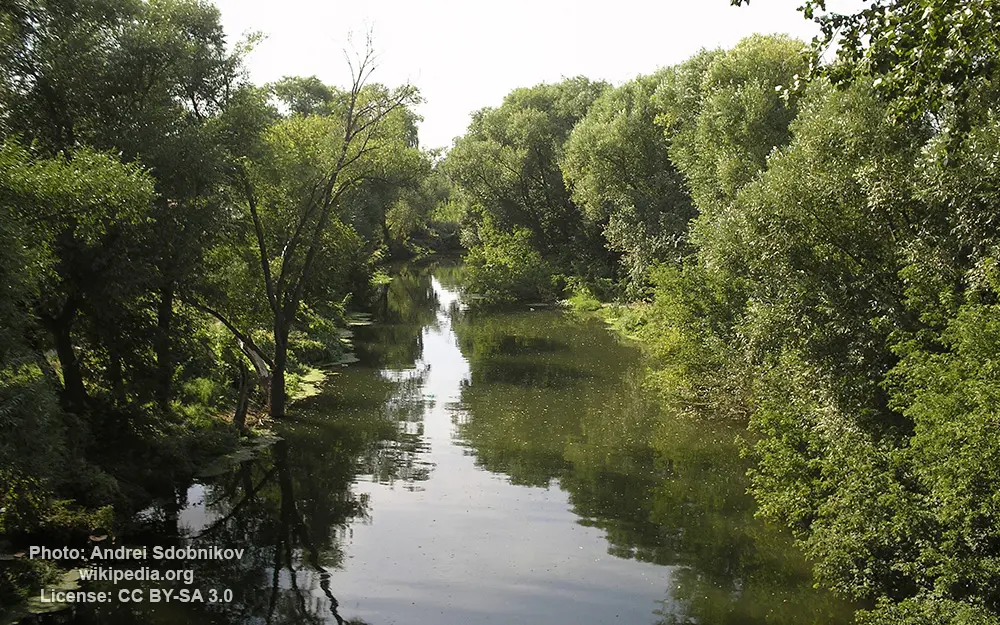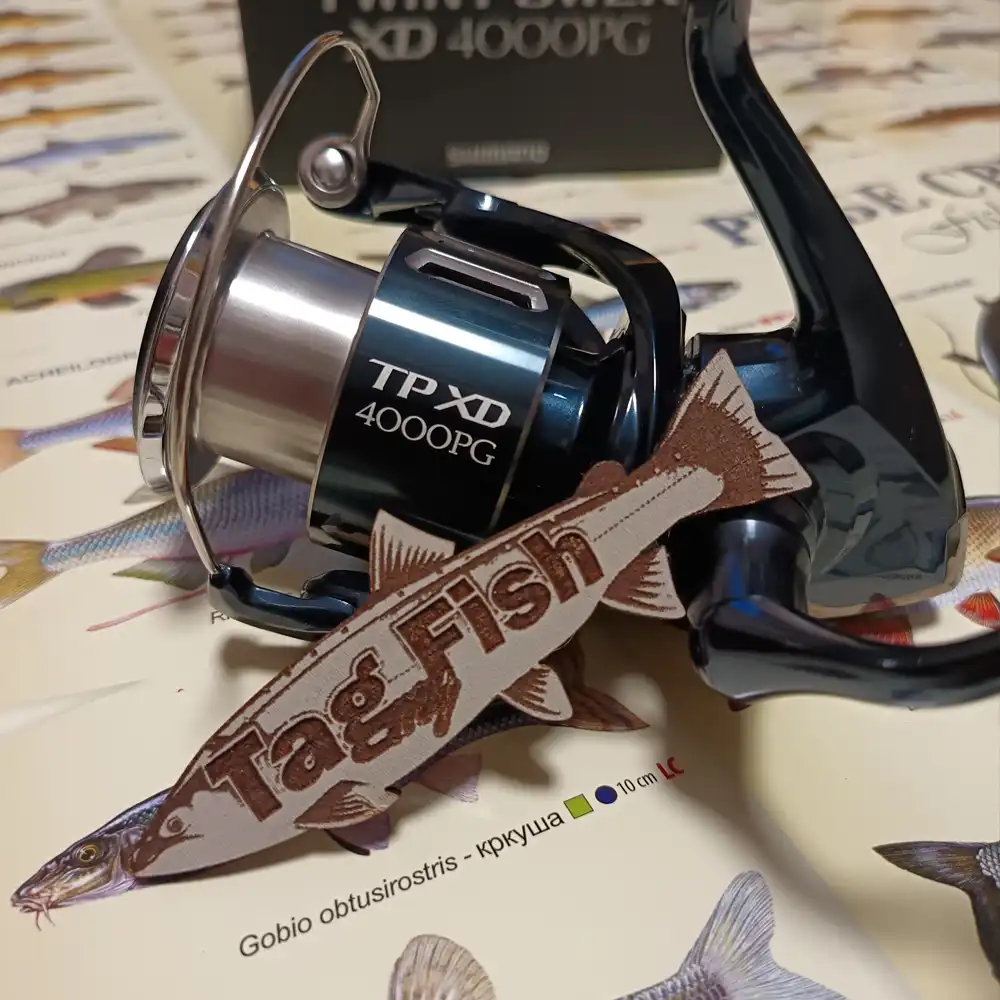Medveditsa River (Don tributary)

General data
- Name: Medveditsa River (Don tributary)
- Water system: Don
- Water type: River
- Progression: Don -> Sea of Azov -> Black sea -> Mediterranean Sea -> Atlantic Ocean -> Planet Earth
- Climates: Continental
- Continents: Europe
- Countries: Russia
The Medveditsa or Medveditza (Russian: Медведица) is a river in Volgograd and Saratov Oblasts in Russia, a left tributary of the Don. The name means she-bear, and according to legend, it alludes to the large population of bears in the area in earlier times. It is 745 kilometres long, with a drainage basin of 34,700 square kilometres. The river has its sources on the Volga Uplands, in the northeastern parts of Saratov Oblast, and flows mainly in a southwestern direction. It joins the Reka Don in Volgograd Oblast near Zatonski. Its largest tributaries are, from the right: Balanda and Tersa, and from the left: Idolga, Karamysh and Archeda. The towns of Petrovsk, Atkarsk, Medveditsa, Zhirnovsk, and Mikhaylovka are situated on the Medveditsa. The river is navigable to Atkarsk. A variety of fish is found in the Medveditsa River: catfish, pike, bream, asp, perch, chub, perch, tench, roach, gudgeon and others. In the late 80s there were a lot of sterlet. Forests along both banks of the river have a wide variety of birds, medicinal herbs, wild berries, fruits and flowers.

 English
English
 Spanish
Spanish
 German
German
 French
French
 Serbian
Serbian
 Russian
Russian

